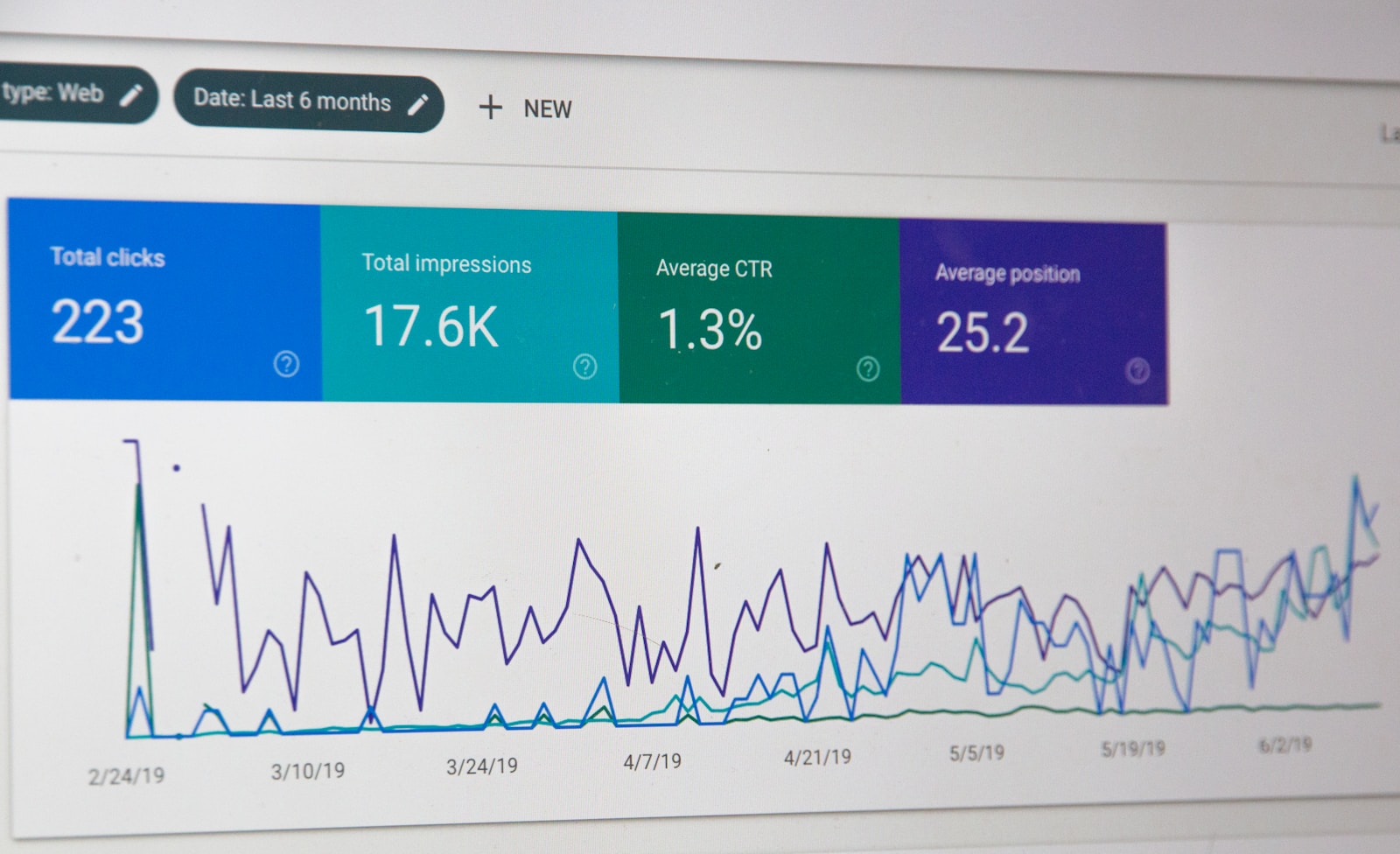
Exploring Frontline Education: Navigating Challenges and Innovations
Frontline education stands at the forefront of our educational landscape, representing the interface between educators and learners. In today’s rapidly evolving world, the term “frontline education” encapsulates the dynamic interaction between teachers, students, technology, and the community. This article delves into the multifaceted realm of the education, examining its significance, challenges, and innovative approaches.
Understanding Frontline Education

Frontline education encompasses the daily interactions and experiences within classrooms, whether physical or virtual. It involves the direct engagement of educators with students, guiding them through learning processes, imparting knowledge, and fostering critical thinking skills. This form of education is not confined to traditional classrooms but extends to various settings, including online platforms, community centers, and informal learning environments.
Challenges on the Frontline
Despite its importance, frontline education faces numerous challenges. One significant hurdle is the digital divide, where disparities in access to technology and internet connectivity hinder effective teaching and learning. Additionally, educators often encounter diverse student needs, requiring tailored approaches to instruction and support. Moreover, the ever-changing educational landscape demands continuous professional development to stay abreast of new pedagogical strategies and technological advancements.
Innovations in The Education
To address these challenges, innovative solutions are emerging within frontline education. Adaptive learning technologies, for instance, personalize instruction based on individual student needs, fostering a more inclusive and effective learning environment. Collaborative platforms facilitate communication and resource sharing among educators, enabling them to exchange best practices and support one another’s professional growth.
Empowering Educators on the Frontline
Empowering educators is essential for the success of frontline education. Professional development programs equip teachers with the necessary skills and knowledge to adapt to evolving educational trends and cater to diverse student populations. Mentoring initiatives provide valuable guidance and support to early-career educators, helping them navigate the complexities of the profession with confidence.
Engaging Students in Frontline Learning
Central to frontline education is the active engagement of students in the learning process. Inquiry-based learning approaches encourage curiosity and critical thinking skills, empowering students to explore concepts independently and construct their understanding actively. Project-based learning fosters collaboration and creativity, allowing students to apply theoretical knowledge to real-world problems, thereby enhancing their learning experience.
The Role of Community in the Education
Community involvement is integral to frontline education, bridging the gap between the classroom and the real world. Partnerships with local businesses, nonprofit organizations, and cultural institutions provide students with authentic learning experiences and opportunities for civic engagement. Moreover, parental involvement plays a crucial role in supporting student learning and academic success, fostering a collaborative relationship between educators, families, and communities.
Conclusion
Frontline education embodies the heart of the educational journey, where educators and students converge to explore, discover, and grow together. While challenges abound, innovative solutions and collaborative efforts are transforming the landscape of it, ensuring that every learner has the opportunity to thrive. By empowering educators, engaging students, and fostering community partnerships, we can unlock the full potential of frontline education and pave the way for a brighter future.







